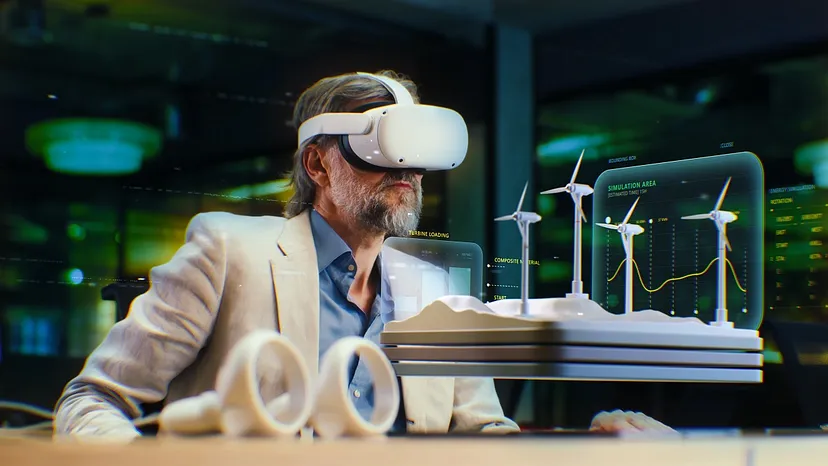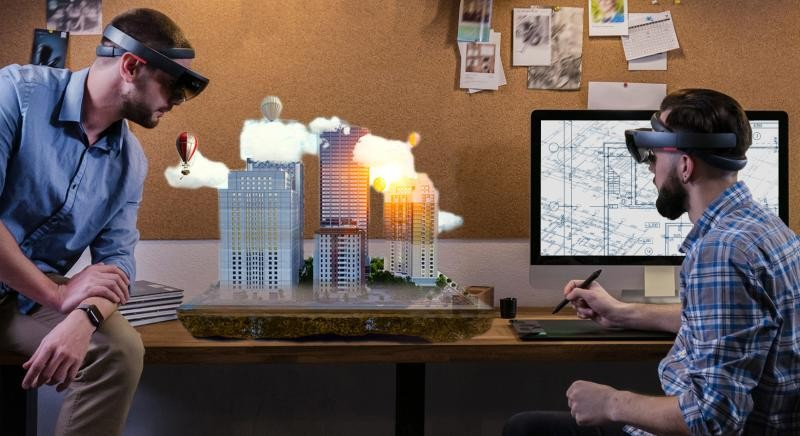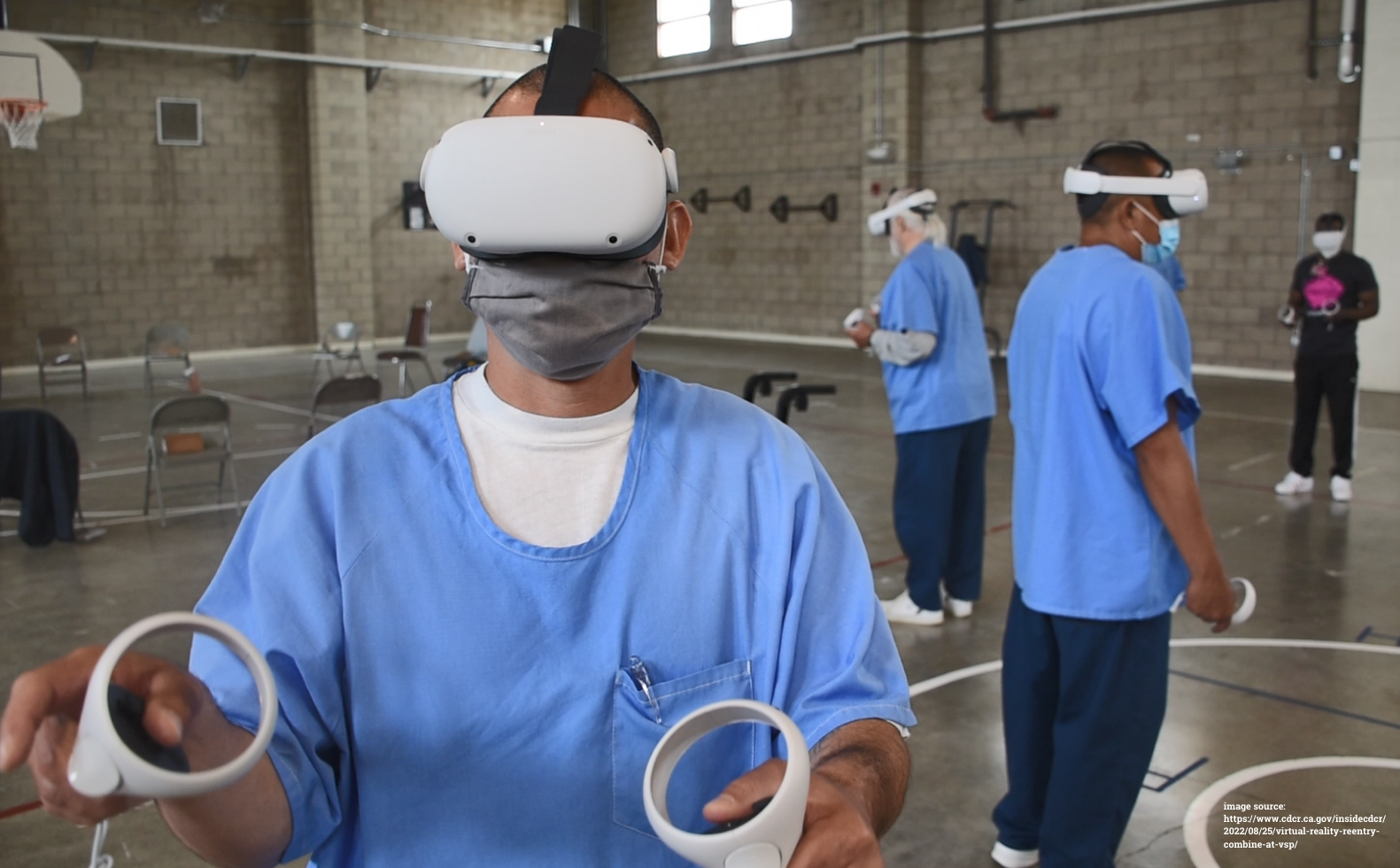Transforming Cultural Experiences Through Immersive Technologies
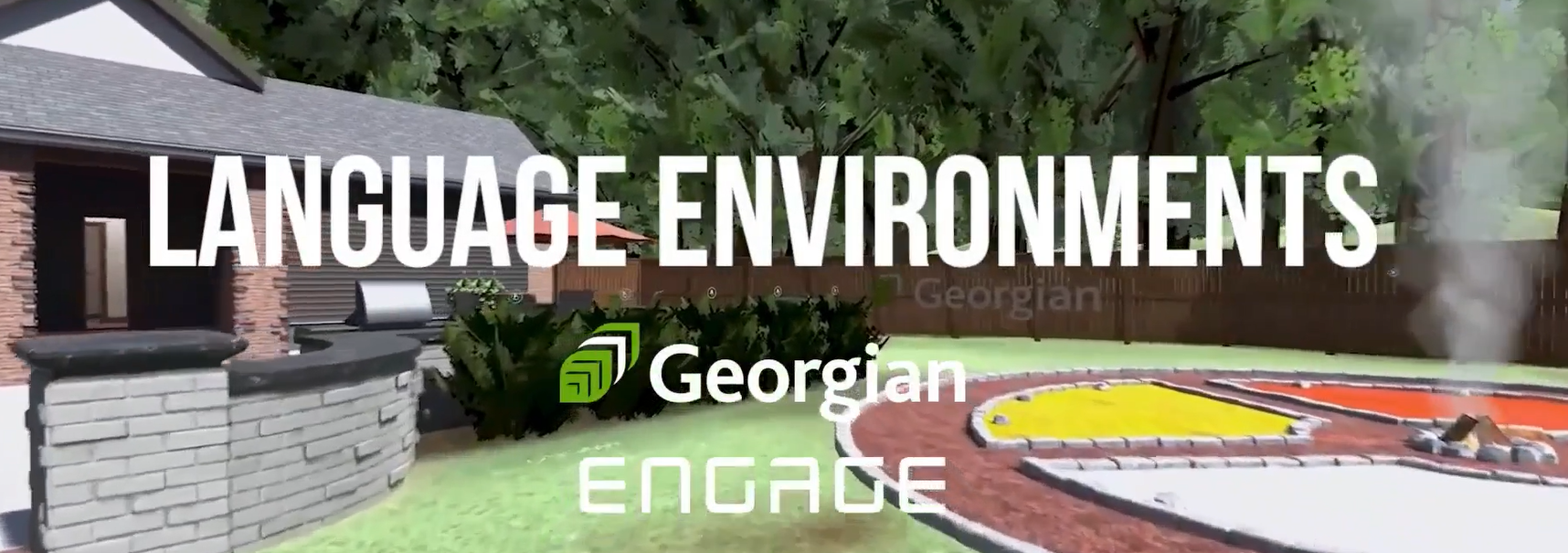
Cultural heritage is more than just artifacts and monuments; it’s the heartbeat of our shared history, shaping our identities and connecting us to our roots. From ancient ruins to traditional practices, these treasures tell the stories of who we are and where we come from. Yet, as time marches on, preserving this heritage becomes increasingly challenging. Natural decay, conflicts, and disasters threaten to erase the legacies of our ancestors. Thankfully, technology offers us a lifeline, enabling us to safeguard and experience our cultural treasures in innovative ways.
Understanding XR Technologies
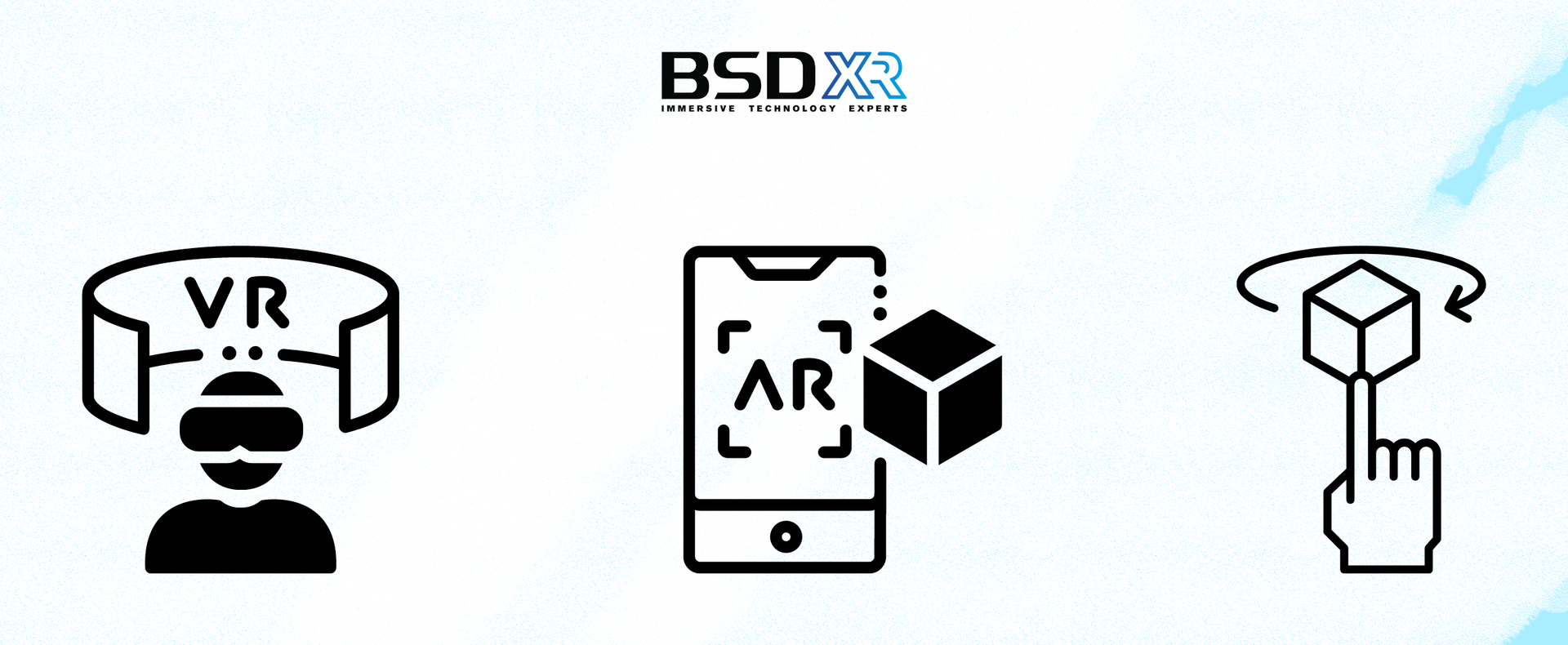
Virtual Reality (VR)
Imagine putting on a headset and suddenly finding yourself standing in ancient Rome or exploring a long-lost Mayan temple. That's VR for you! It's like stepping into a completely different world, where you can explore historical sites and artifacts as if you were actually there. Pretty mind-blowing, right?
Augmented Reality (AR)
Remember Pokémon GO? Well, AR is like that, but for history buffs. It adds digital goodies to the real world through your smartphone or special glasses. Picture walking through a museum and seeing ancient Greek statues come to life or having historical figures pop up to give you a personal tour. History class never looked so cool!
Mixed Reality (MR)
This is where things get really wild. MR is like the love child of VR and AR. It lets you interact with both real and virtual objects in the same space. Imagine manipulating a 3D model of the Pyramids right on your coffee table or rearranging virtual furniture in a recreated Victorian-era home. It's like playing with the building blocks of history!
Each of these technologies brings something unique to the cultural heritage party. They're not just preserving our past; they're making it more accessible, engaging, and downright fun to explore!
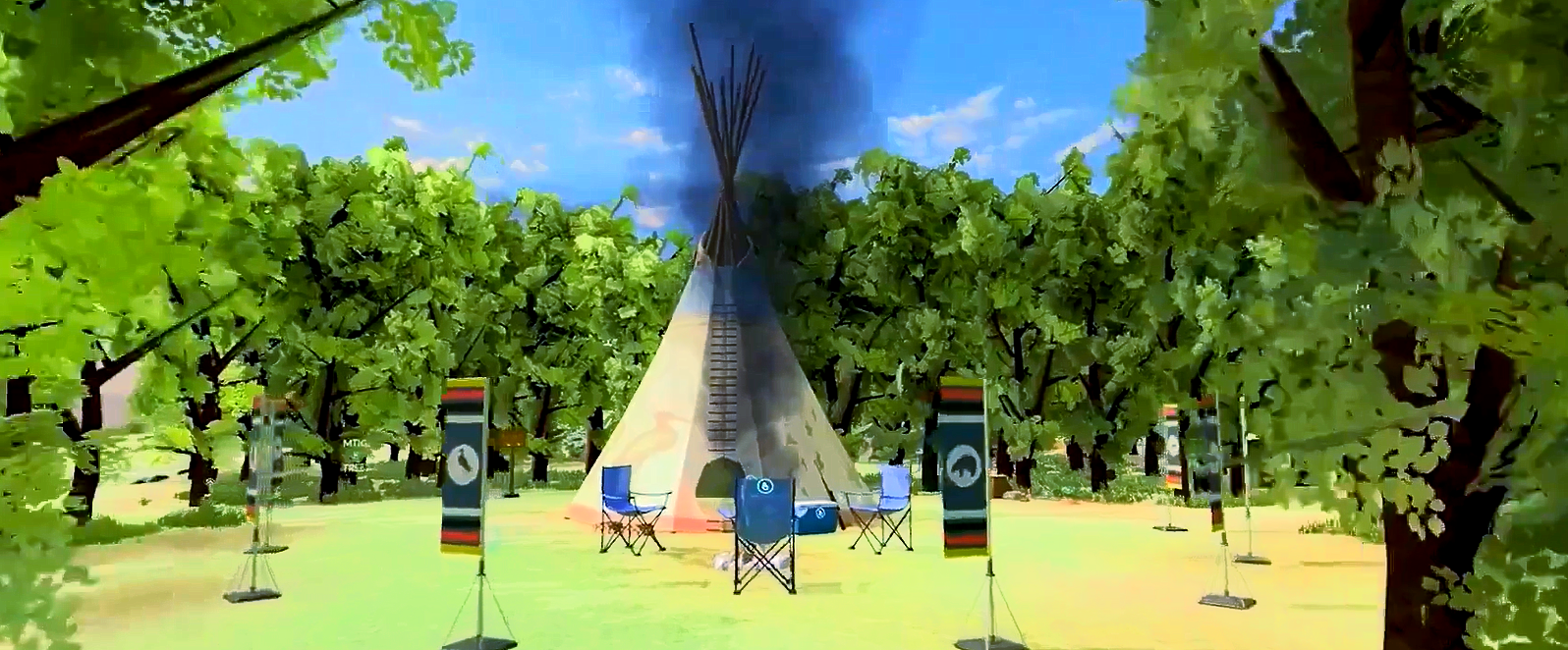
Digital Preservation Methods
In the realm of cultural preservation, XR technologies are game-changers. Techniques like 3D scanning and virtual reconstructions create detailed digital models of artifacts and sites, ensuring that even if the physical objects are lost or damaged, their digital counterparts remain intact. This digital preservation not only safeguards our heritage but also makes it accessible to anyone, anywhere.
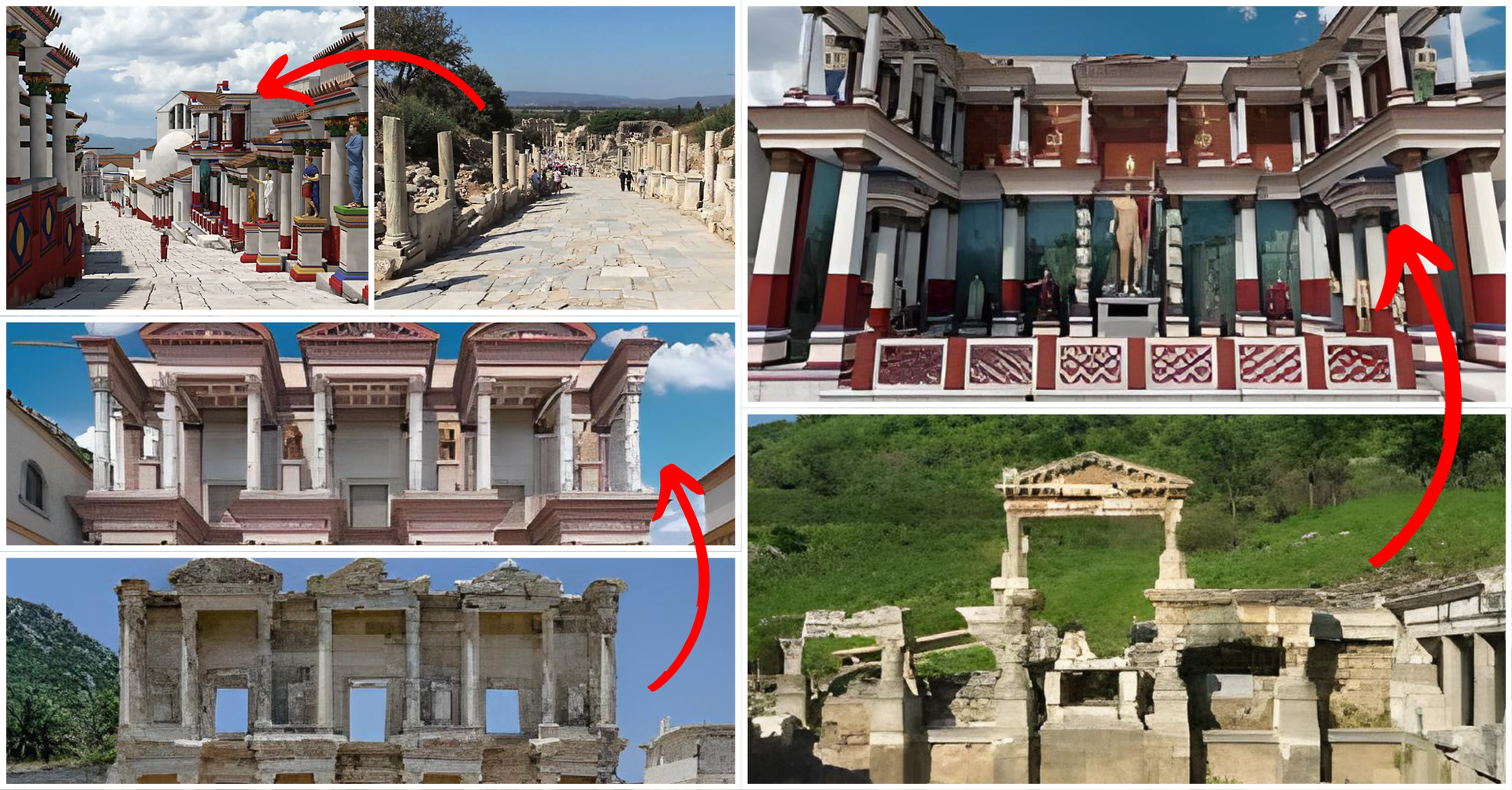
Successful VR Preservation Project
At BSD XR, we are proud of our innovative projects that leverage XR technology to preserve and promote cultural heritage. One notable project is the Language in the Community initiative. This VR experience immerses users in a virtual environment where they can learn and practice language skills within a community setting. By simulating real-world interactions, this project not only enhances language learning but also provides cultural context, making it a powerful tool for both education and cultural preservation.
Additionally, our Language in the Home project extends this concept to a domestic setting. This VR application allows users to practice language skills in everyday home environments, reinforcing learning through familiar and practical scenarios. By integrating cultural elements into the learning process, we ensure that users gain a deeper understanding and appreciation of the language and its cultural nuances.
Our collaboration with Georgian College on a unique virtual learning project further exemplifies our commitment to cultural preservation through XR. This project enabled Indigenous students to travel virtually to Australia, fostering cross-cultural exchange and understanding. By creating immersive learning experiences, we help bridge cultural gaps and promote global heritage appreciation.
Immersive and Interactive Exhibits
Imagine walking through a museum where every exhibit tells a story, not just through placards but through immersive experiences. XR technologies have revolutionized how we engage with history.
Virtual Tours
Museums and historical sites now offer virtual tours, allowing you to explore from the comfort of your home. For instance, the British Museum offers VR tours of the Rosetta Stone and other artifacts, making it possible for anyone to experience these treasures.
Interactive Exhibits
AR applications can animate paintings and sculptures, bringing them to life with additional context and information. The Refettorio Palladiano project used AR to tell the story of a painting originally displayed in a Venetian convent, enriching the visitor experience.
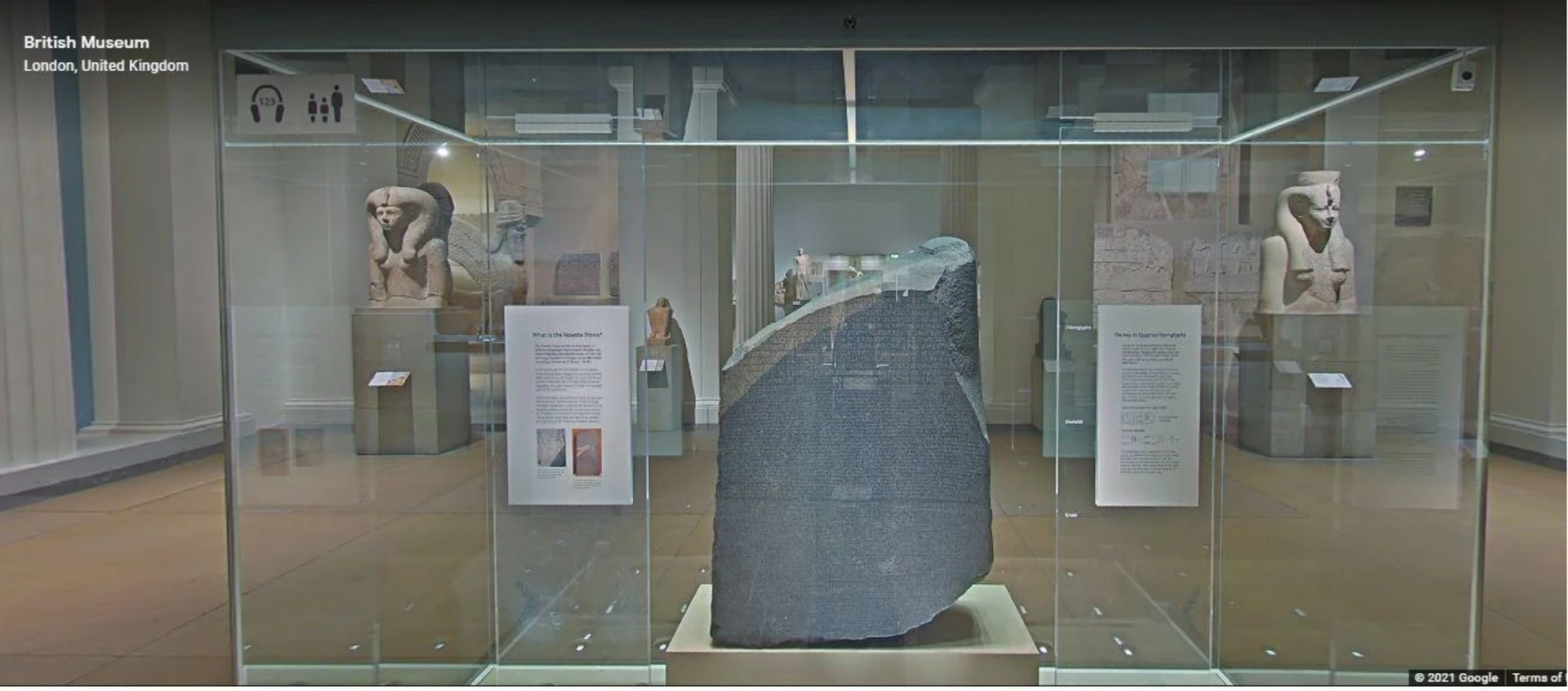
Educational Benefits – Experience Prehistory Like Never Before!
Bit Space Development (BSD XR) has created an innovative augmented reality experience called
"Fossil Discovery Adventure" in collaboration with
ZenFri Inc. that brings prehistory to life in an educational and engaging way. The Canadian Fossil Discovery Centre offers a free mobile experience that immerses users in their world-famous collection, making ancient life not only informative but incredibly engaging.
Immersive Learning
The AR application allows users to interact with an 80 million-year-old Bruce Mosasaur, creating a captivating educational experience that goes beyond traditional methods.
Museum Enhancement
Designed for use in museums, this AR adventure enhances exhibits by adding interactive digital elements to physical displays, making learning more engaging and memorable.
Accessible Education
As a free mobile application, it makes paleontology education accessible to a wider audience, allowing users to explore prehistoric life from anywhere.
Interactive Exploration
Users can likely examine the Mosasaur from different angles and potentially interact with it, fostering a deeper understanding of its anatomy and characteristics.
Cutting-Edge Technology
By leveraging AR, we can showcase how advanced technology can be applied to create innovative educational tools that capture learners' imagination and enhance retention.

Future Trends
The future of XR in cultural heritage looks promising. As technology evolves, we can expect:
Improved Accessibility
As XR technology becomes more affordable, more institutions will be able to adopt these solutions, expanding access to cultural heritage.
Enhanced Interactivity
Future XR applications will offer even more interactive and immersive experiences, further enhancing visitor engagement and education.
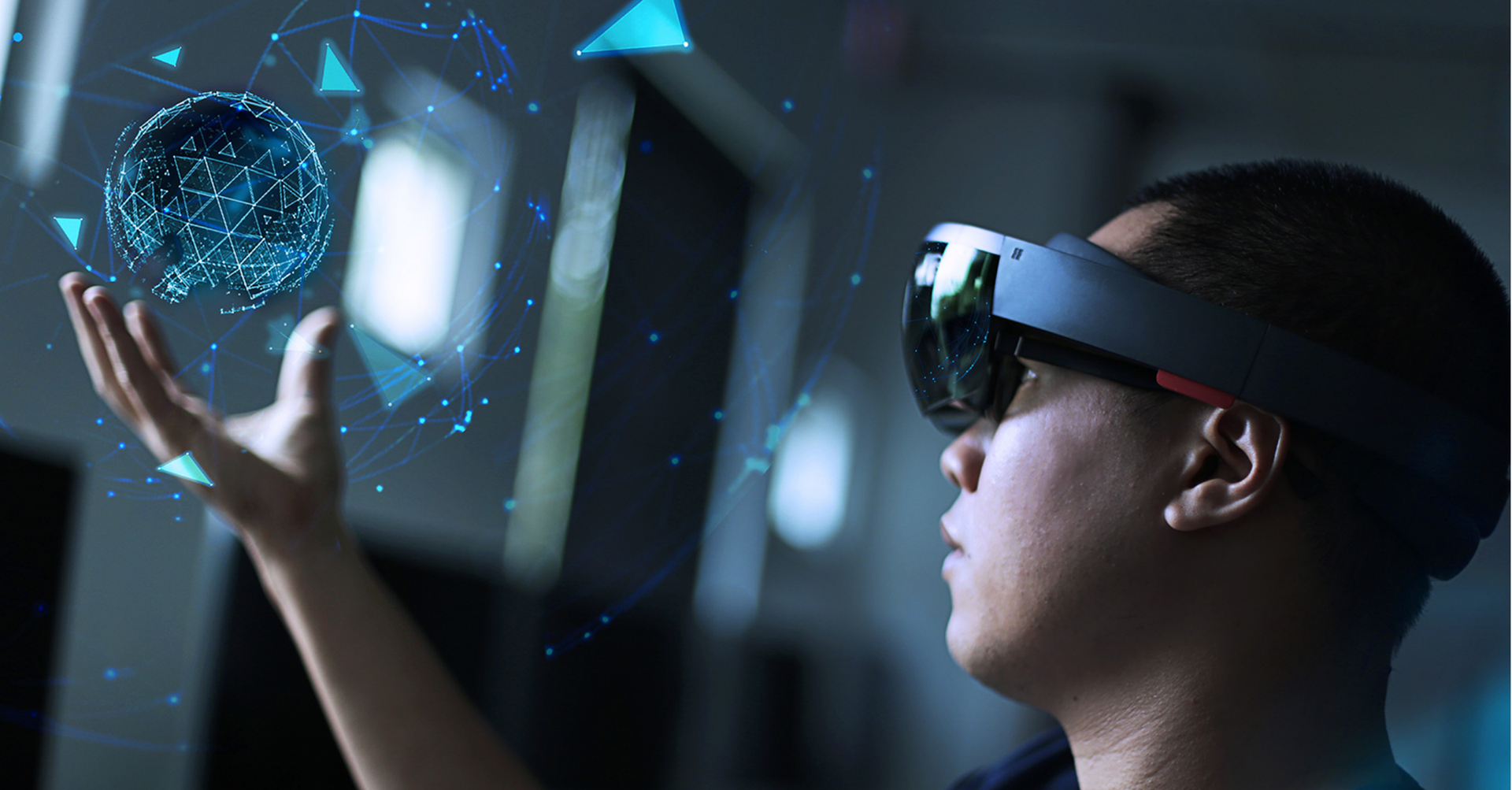
Conclusion
XR technologies are transforming how we preserve and experience cultural heritage. By creating digital archives, immersive exhibits, and interactive educational programs, XR ensures that our cultural legacy is not only preserved but also accessible to all. As we continue to innovate and overcome challenges, the future of cultural heritage preservation shines brightly.
Click to share this article
Other posts from our blog
Transform your business with immersive technologies
Schedule a consultation to see how BSD can help your organization unlock new avenues of engagement.
CONTACT US
Global Headquarters
1555 Dublin Avenue, R3E 3M8
Winnipeg, MB, Canada
PUBLIC RELATIONS
DIVISIONS
GENERAL
IN THE SPIRIT OF RECONCILIATION
We would like to acknowledge that the land on which we gather is Treaty One Territory, the home and traditional lands of the Anishinaabe (Ojibwe), Ininew (Cree), and Dakota peoples, and in the National Homeland of the Red River Métis. Our drinking water comes from Shoal Lake 40 First Nation.
Join 10,000+ people who get XR tips, insights, and company updates monthly.
Contact Us
We will get back to you as soon as possible.
Please try again later.
Privacy Policy Accessibility Sitemap Support
Bit Space Development Ltd.



